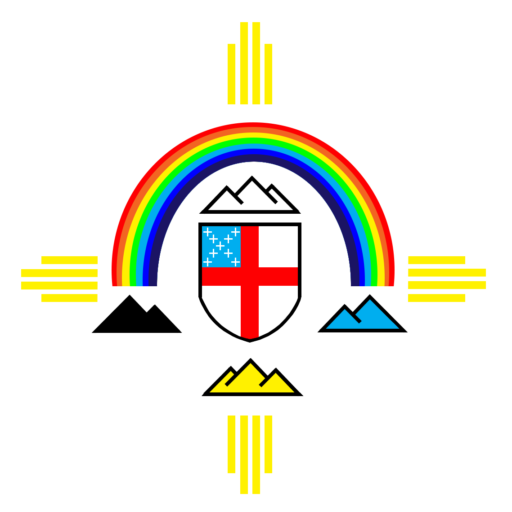Welcome to St. Christopher's Mission
The Utah Region of the Episcopal Church in Navajoland
Sunday Service Times:
St. Christopher’s Mission:
Sunday @ 10:00 AM
St. John’s the Baptizer:
Sunday @ 10:00 AM
Our Story
St. Christopher’s Mission was established in 1943, outside of Bluff, UT, at the northern edge of Diné Bikéyáh, or “Navajoland.” The Mission was founded by Fr. Baxter Liebler, an Episcopal priest who understood “mission” as a process of discerning with the people the Spirit of God that is active and present in the land and amongst the people, often before the church ever arrives there. Our approach to ministry, here, has not changed. Come and see what the Spirit is stirring up amongst God’s people!

Join us as we walk the Beauty Way of Jesus.


Historic Grounds
St. Christopher’s Mission is made up of ten historic buildings on an 80-acre campus nestled under the bluffs of the San Juan River. Set in the natural beauty of Utah’s canyon lands, St. Christopher’s Mission is centered around a unique, lodge-shaped chapel that is oriented hogán-wise and whose Welcome Table is the center of our communal life and worship. Surrounding the chapel are our community gardens, orchards, and fields where traditional gardening techniques are practiced and preserved. Our grounds are also home to a retreat center at the Old Mission House with twelve beds, two bathrooms, and a commercial kitchen, a Community Center with twelve beds, two bathrooms, and a kitchen, as well as multipurpose meeting space in Liebler Hall.
Sign Up for our Newsletter Here
Discover More:
Whether you are an individual or a group, come be a part of our community as we begin the work of mutual listening, mutual learning, and mutual transformation.
East Old Mission Rd., Hwy 162,
Bluff, UT 84512
e: info@stchristophersmission.com
St. Christopher’s Mission, St. John the Baptizer, and St. Mary of the Moonlight occupy the ancestral and unceded homelands of the Diné, the Apache, the Ute, the Hopi, the Zuni, and the Pueblo. We acknowledge them as the original peoples of this land, and we honor their role as custodians of this land over a thousand generations. We celebrate their continuing contributions to the life of this region, and we commit ourselves to actively work alongside them and all Indigenous peoples for reconciliation between us and all peoples, all of creation, and the Creator of us all.
